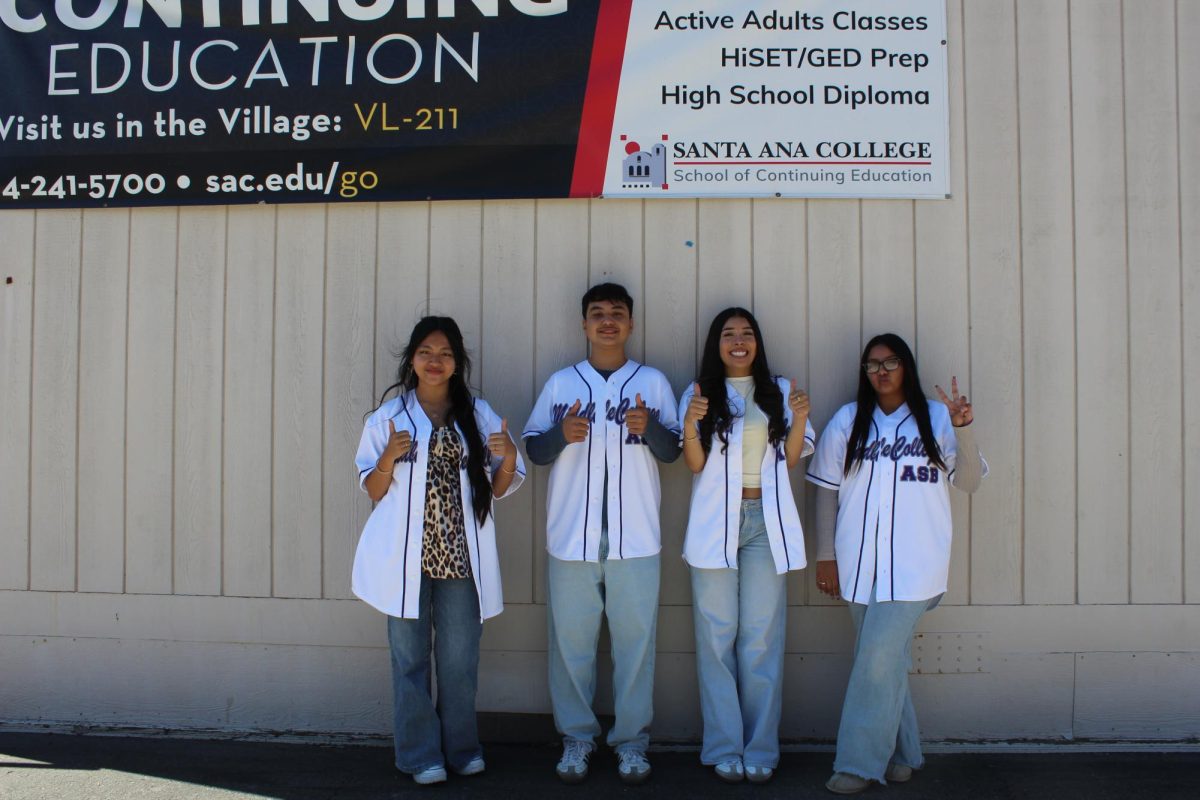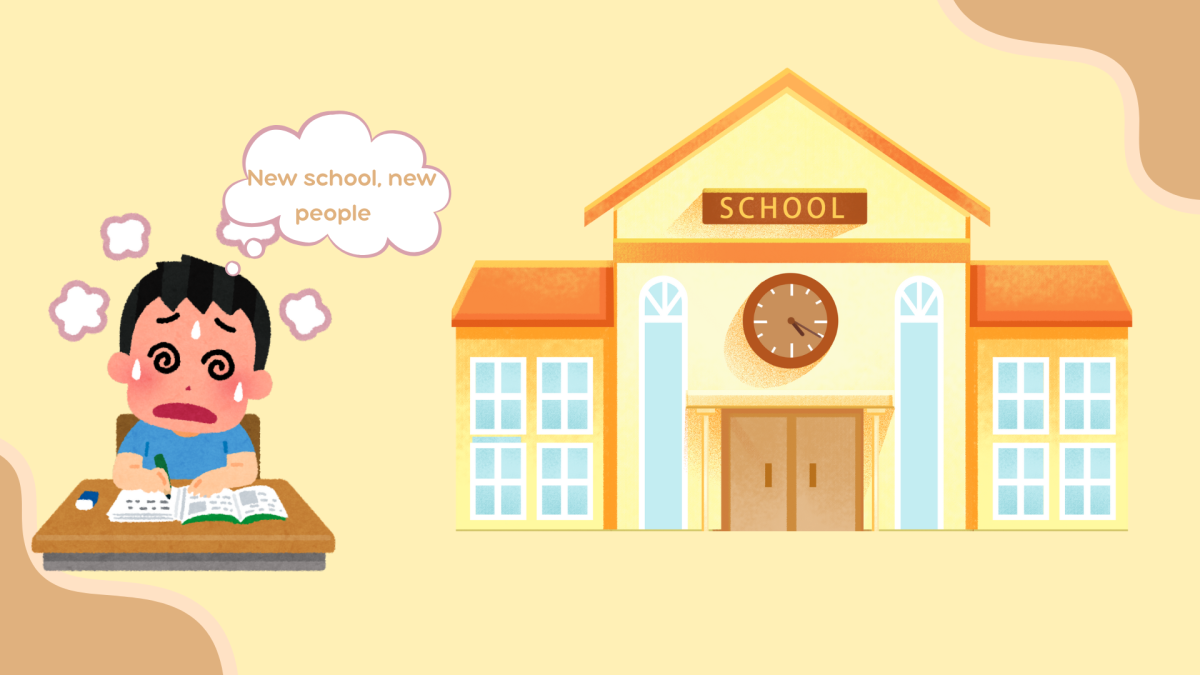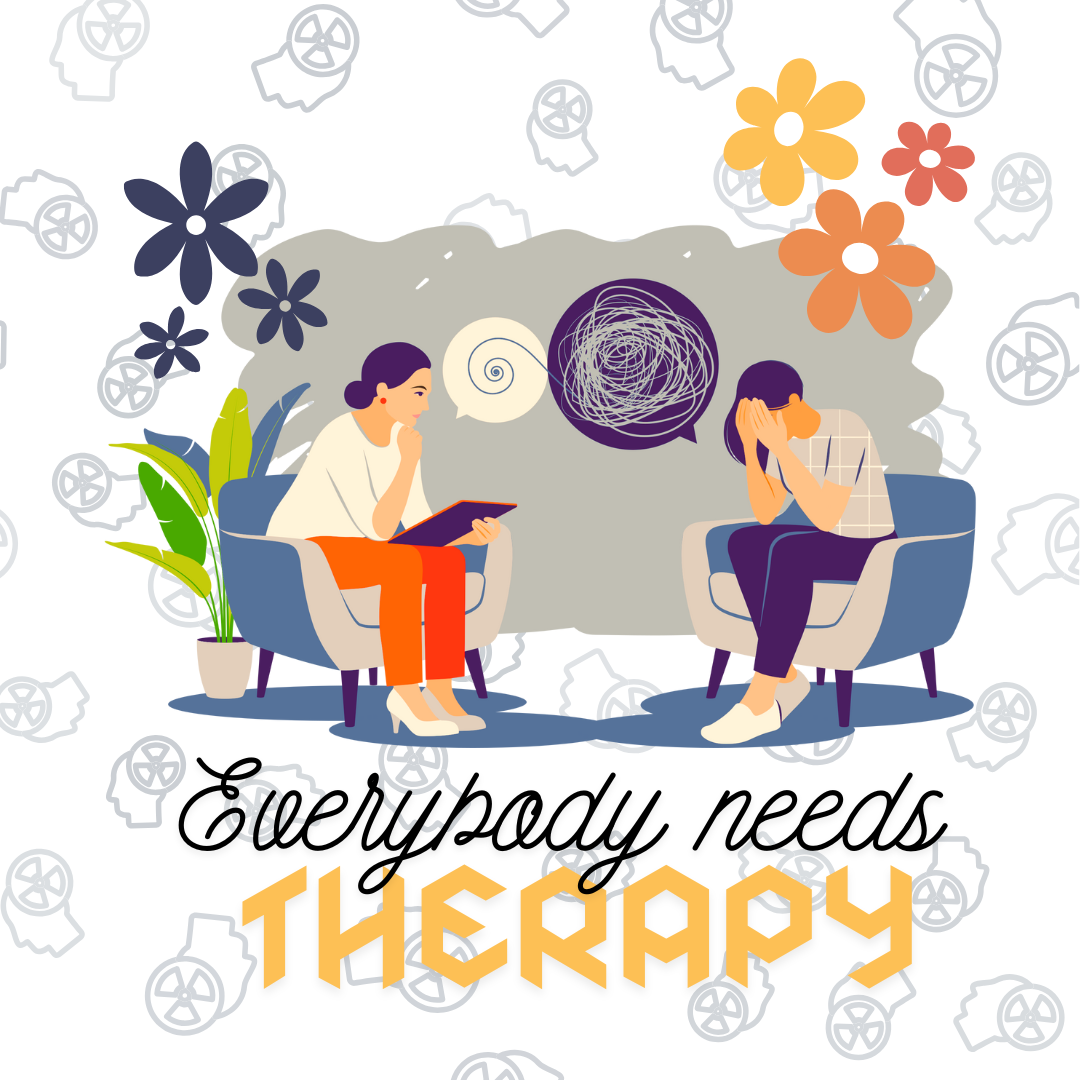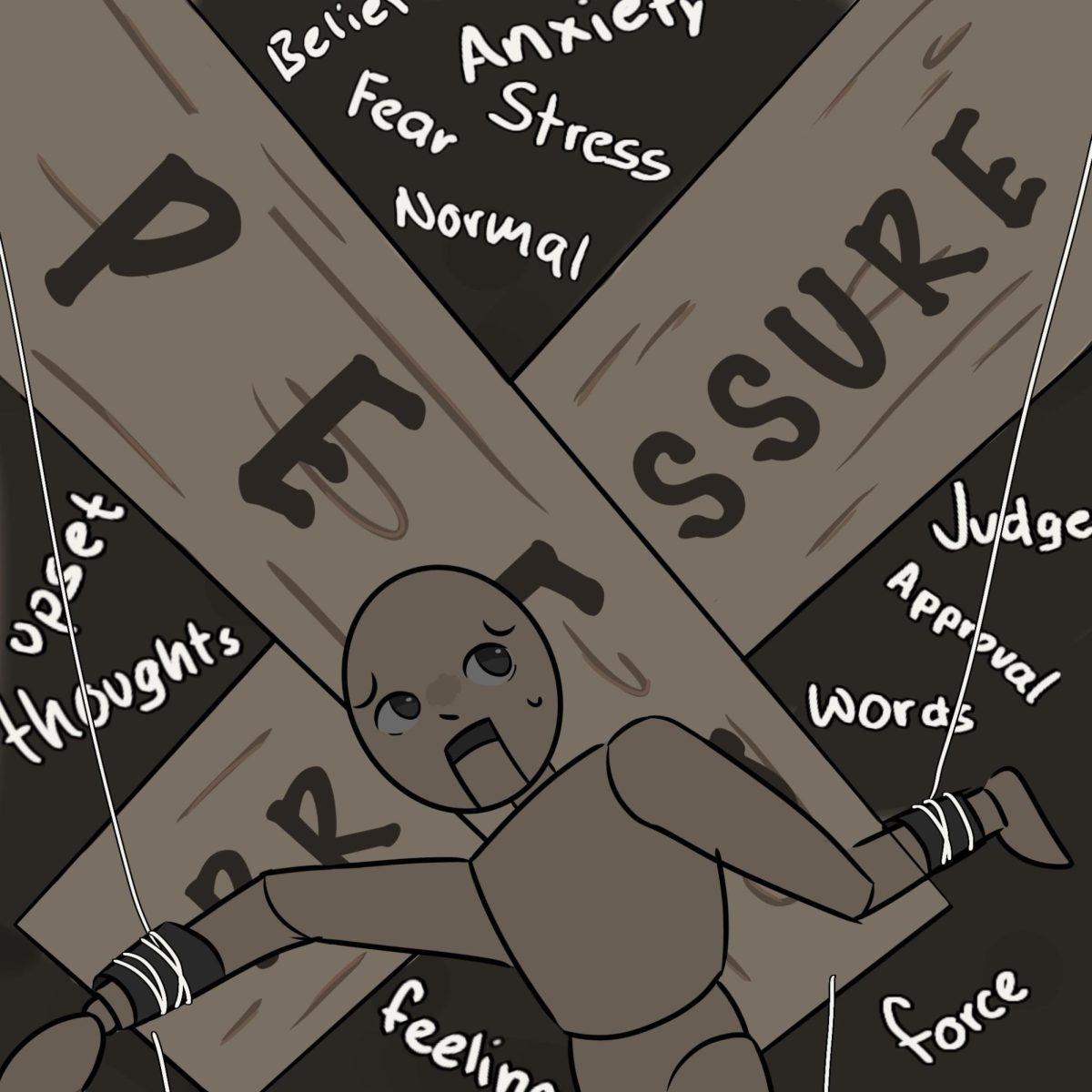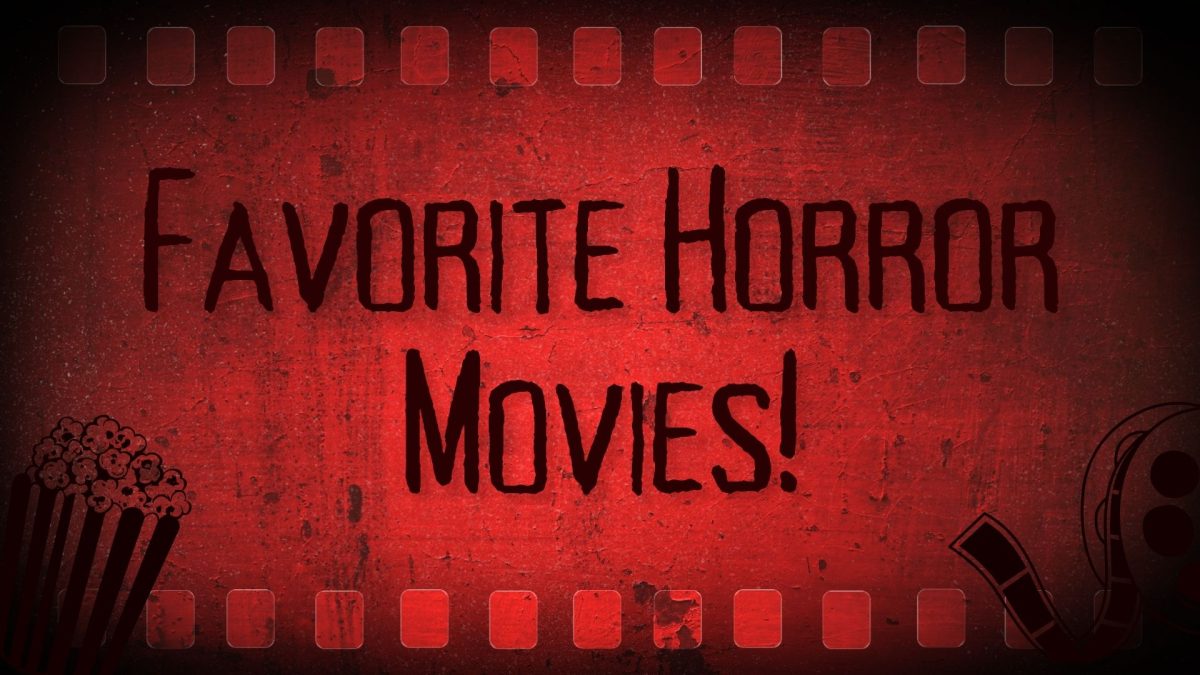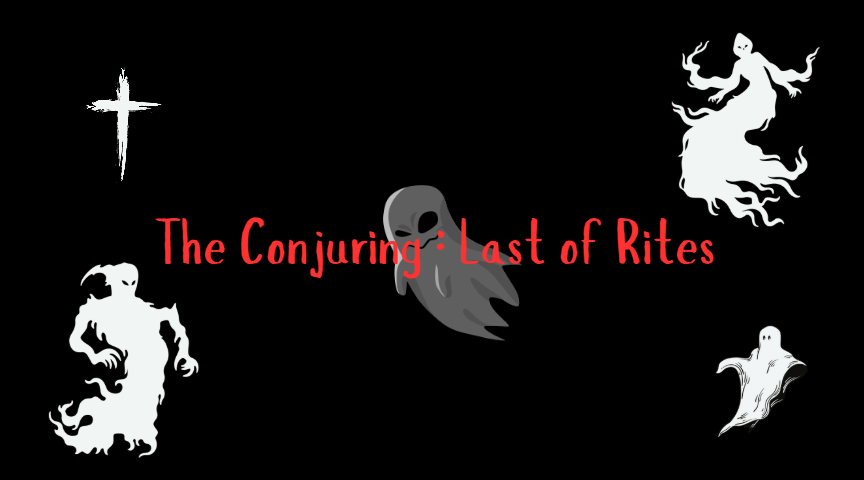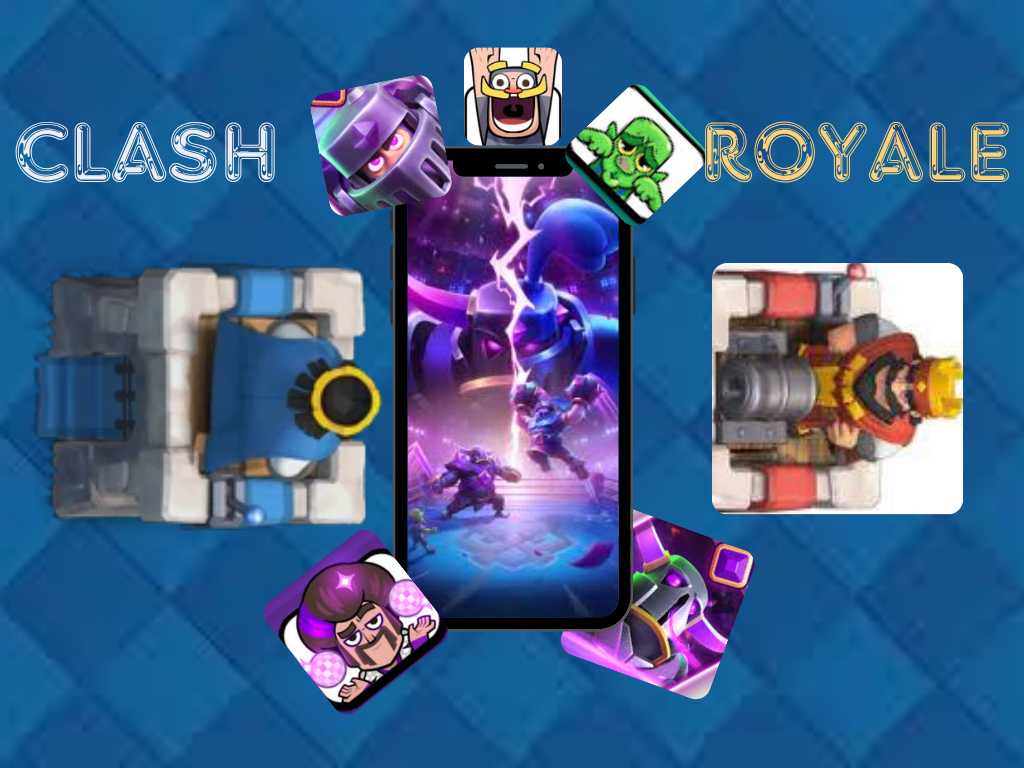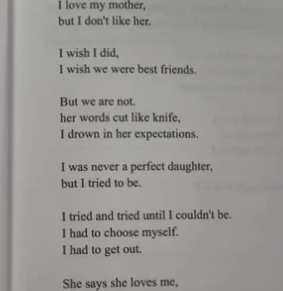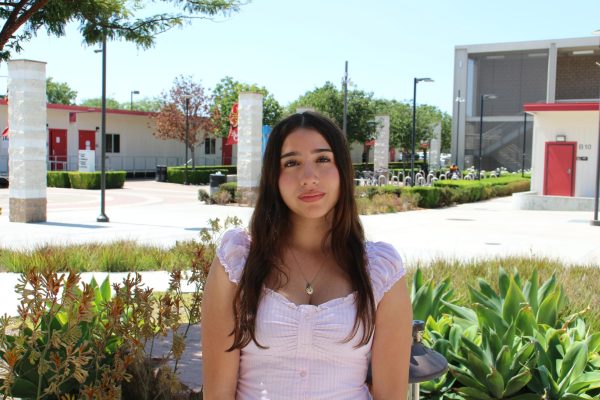When you think about how our society is shaped at the moment, do you automatically think about the negatives or positives? Other than our wonderful positive-thinking people, most will think about the hostile events happening in the world right now. Recently, it seems like brutality and aversion have taken over our mindsets and the way we interact with each other. For example, if you check the news, the chances of seeing a disturbing event are high.
With everything going on these past few weeks, it has led me to think about humanity and its importance in the world. This reflection is not meant to alarm, but to challenge us to examine the philosophical essence of humanity and what it means for our shared future. For example, what kind of humanity are we becoming?
History — Recap
To truly understand modern humanity, we must first examine its roots. Earth has been around for 4.54 billion years, and humans have only existed for approximately 0.004% to 0.007% of that time — far shorter than one might assume. Before humans, there were other species. In fact, there were eight different human species. Only one survived: Homo sapiens (now known as humans). Homo sapiens first appeared in Africa about 300,000 years ago. Since then, we have evolved, with inventions coming from all directions. Despite these changes, our mindsets from then and now may be more similar than we think.
Even though we had many great inventors during our time, it wouldn’t have been possible without collaboration. I believe Homo sapiens knew collaboration was key to survival. After all, that was their main priority — meaning if they were solely independent, our species might not have survived. To form a society, our ancestors needed to protect and care for one another. They cared for their families, hunted, built shelter, and buried their dead — it was in our biology to protect our loved ones. This means that humanity has been with us since our first ancestors.
Modern-Day Humanity
For early humans to survive, they cared for and sheltered one another. Just like our ancestors, we need to emulate the same values if we want humanity to have a prolonged future. With less stress, people can focus on what they came to do on this earth. We shouldn’t only help ourselves; we must also help others to safeguard the future of humanity.
Junior Valeria Corcuera Rendon talked about her perspective on why some humans resort to physical hate.
“I think it comes from anger or pain. Sometimes they don’t know better ways to handle feelings if that was all they were ever taught,” Rendon said.
This points out that some people were raised not knowing the right and wrong ways to express their feelings. Unfortunately, this is a problem for many people. Sometimes being raised in an abusive or problematic household can prevent growth of self-awareness. Knowing this, we begin to question whether our ability to feel empathy and express emotions is shaped by the way we were raised or influenced more by past experiences.
We’ve spoken a bit about biology, but if we expand it with our previous question, can biology influence our behavior? According to some researchers, important aspects of human behavior — including competition, aggression, and altruism — arise from our biological nature. However, other biologists and psychologists view it as a concept called sociobiology: the comparative study of the biological basis of social organization and behavior in animals and humans, especially with regard to their genetic basis and evolutionary history. The philosophical question then emerges: are we moving toward a future bonded by unity or division?
Recent Events That Oppose Humanity
We may not know it at this moment, but the need and desire to help our loved ones and community is still inside of us. However, it’s easy to argue that one can lean into anger when reacting to people or events that upset us. This allows anger to create illogical thinking and drive actions we wouldn’t take if we weren’t upset.
A concept that’s used in court frequently is insanity. They use this term to recognize what is right and wrong — mostly to protect an alibi. Nonetheless, even if the defendant wins their case, it wouldn’t take the pain away from the past.
Sophomore Andy Anaya shared her perspective on insanity and how one loses themselves– causing their unexplainable actions.
“For me insanity doesn’t necessarily mean going crazy, for me it means a person has lost their anchor, the thing that keeps them going, they are just a person who has lost something,” Anaya said.
Most of us have something to hold on to, in order to keep going. This may be a person, value, beliefs or simply your self-identity. However, after spending most of your life depending on that, how do you think you will react after being torn away from your motivation? This explains why Anaya defined insanity as she did.
Charlie Kirk
A recent case that has made many question and argue whether the action was justifiable is Charlie Kirk’s case. Charlie Kirk, 31, was shot during a speaking engagement at Utah Valley University in Orem. He was a well-known conservative activist and co-founder of Turning Point USA. He often spoke at high schools and college campuses — mainly about topics like gun violence and transgender rights. Like many public figures, he had supporters and critics. On September 10, he was shot approximately 520 feet from a rooftop. Authorities labeled this a “political assassination.” When the news reached the media, many had something to say. While some mourned, others celebrated his death, claiming it was justified. That brought forth the question trending on the internet: “Was his death acceptable?”
One of Kirk’s debate opponents, Dean Withers, a liberal commentator, offered a different perspective. Withers’ response to his death went viral after he said gun violence is never something to celebrate.
“It is always disgusting, always vile, and always abhorrent … Nobody deserves that, not even Charlie Kirk,” Wirthers said.
Withers received praise for expressing humanity and setting political division aside — highlighting how empathy is important in a divided community. Why is it so hard for people to feel empathy for those they disagree with? Should anyone really be killed for their beliefs? This is not meant to side with anyone, but rather to ask: why would someone take down a person who supports guns using gun violence? This shows how disagreements and hatred can challenge our inner selves and lead to unexplainable actions.
Sophomore Kevin Herrera shared his thoughts on why some humans act on their intrusive acts.
“I think that people result to violence and hatred when they feel like they are out of options. They are scared that if they don’t do something then they will just keep sinking and never make it out. For them, they could view violence and hatred as their last resort, a desperate attempt to make it out and never go back into the place that hated feeling vulnerable and powerless,” Herrera said.
Iryna Zarutska
On Aug 22, Decarlos Brown Jr., 34, was arrested after stabbing 23-year-old Iryna Zarutska. Zarutska was at the late-night Blue Line train in Charlotte, N.C. after clocking out of her shift, before being stabbed and later pronounced dead. Reports stated there were no interactions between Brown and Zarutska before the attack. Tracey Brown, his sister, reported that Brown was diagnosed with schizophrenia and suffered hallucinations and paranoia. Brown told his sister that Zarutska was reading his mind.
“A person hearing voices in their head and believing the world is against them is going to break,” Brown told Cable News Network, also known as CNN.
The question remains whether his actions were understandable or, as we covered earlier, insanity. U.S. Attorney Russ Ferguson said no one should live in fear while on the train. It’s difficult to judge Brown’s actions, as he ended the life of a woman simply trying to get home after work. Zarutska had loved ones and was unwillingly taken from them. What was needed in this case was someone to look out for Brown — if society had helped him, Zarutska’s death might have been prevented.
Colorado Mass Shooting
Another example of humanity shifting is school shootings. They date back to the early 1800s, but their frequency rose sharply in the 21st century. This month alone, there have been at least three reports, one of them at Evergreen High School in Evergreen, Colo.
On Sept. 10, officers responded to a call from the school, where they made contact with the suspect almost immediately. According to authorities, three students suffered gunshot wounds (including the shooter). After investigating, authorities suggested the suspect may have been radicalized by some extremist network. Shockingly, the suspect took the school bus to school before executing their plan.
Sophomore Victoria Rivera shared her thoughts on the importance of humanity.
“I do not think humans could survive without humanity because all it will do is create a world of chaos and hate—which is something we are seeing a lot nowadays,” Rivera said.
This can easily be connected because it clearly shows how the lack of humanity created chaos, like Rivera mentioned. This reflection raises awareness on gun violence and asks us to reflect on how this has affected us and many families not only in the United States, but across the world.
Mass shooting rates are so high that, so far this year in the United States, there have been 300 reported shootings, according to the Gun Violence Archive. Forty-seven of those were school shootings, and at least 100 gunfire incidents were reported on school property. These numbers have caused 32 deaths and 98 injuries. However, behind these numbers, there are families and communities forever changed. They remind us that these statistics are not just numbers, but the lived experiences of our shared humanity—and the responsibility we share to protect it.
Overview
Now, I could keep listing events that have diminished humanity, but we would be here all day. This article isn’t meant to scare anyone, but to remind us of the path we are heading down. Our ancestors, Homo sapiens, had the conscience to protect one another because they understood that survival depended on unity. After all, there were many species physically stronger than us. Instead of relying on strength alone, they worked together —laying the foundation of what we now call humanity. So, shouldn’t we strive to be the kind of ancestors future generations can look back on with pride, rather than regret?
Humanity has always been more than just survival; it’s the compassion, cooperation, and empathy that allow us to grow together. What separates us from many other species isn’t physical strength, but the ability to care for one another, to imagine a better future. As well as to build communities rooted in trust. When we lose sight of that, we risk forgetting what makes us truly human in the first place. Humanity lives on not in the strength we claim, but in the kindness we pass on to generations yet to come.
From a philosophical perspective, humanity is not simply inherited by biology. It is more of a moral commitment. It is the conscious choice to act for the good of others, even when it is difficult. Our legacy can be measured by how many we protect and whether we chose to preserve the compassion that defines our species. So, the real question is: What kind of humanity will we leave behind?


